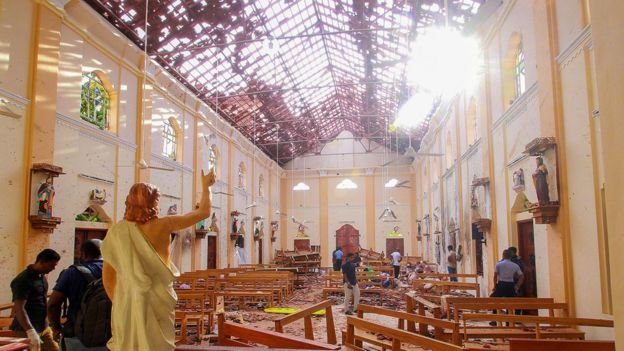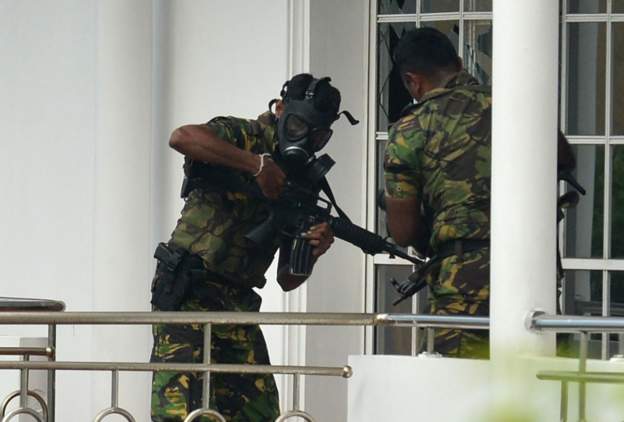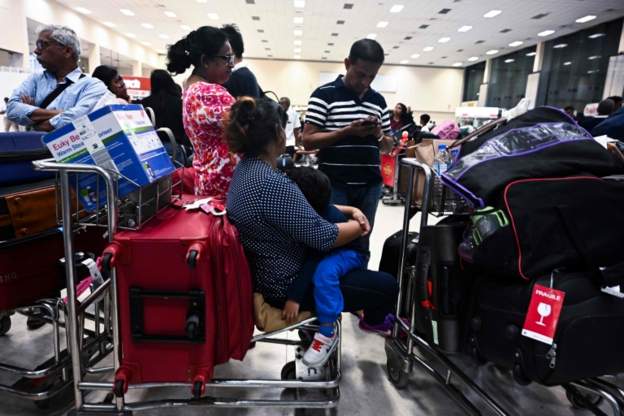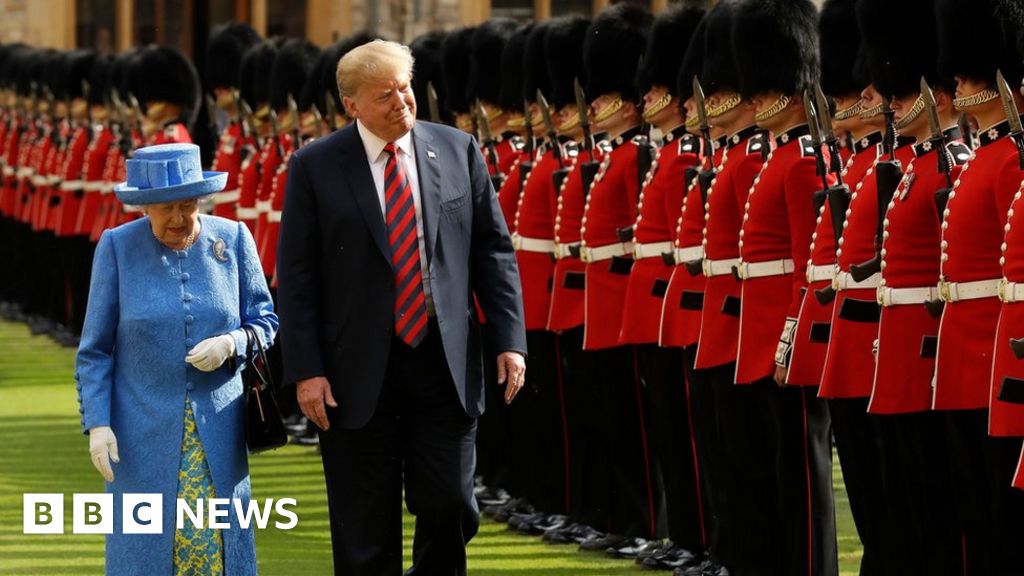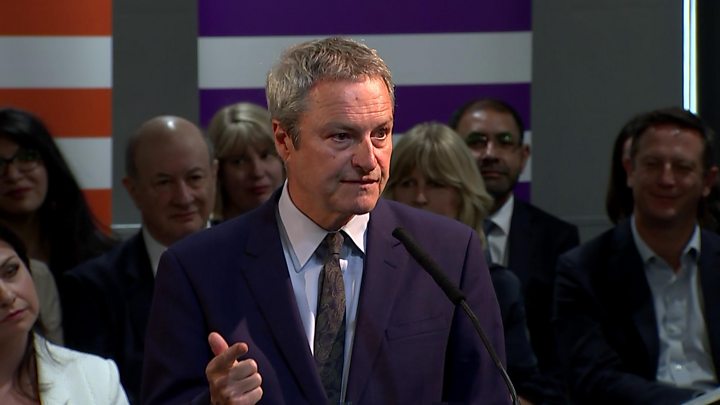The government has given Chinese telecoms giant Huawei the go-ahead to supply equipment for the UK 5G data network despite senior ministers warning it poses a security risk.
The Daily Telegraph reports the company will help build some "non-core" parts.
The plan was said to have worried the home, defence and foreign secretaries.
The US also wants its allies in the "Five Eyes" intelligence grouping - the UK, Canada, Australia and New Zealand - to exclude Huawei.
Cyber-threats are among the issues set to be discussed later by the once-secret alliance, at a security conference in Glasgow.
Australia has already said it is siding with Washington - which has spoken of "serious concerns over Huawei's obligations to the Chinese government and the danger that poses to the integrity of telecommunications networks in the US and elsewhere".
Huawei, which already supplies equipment used in the UK's existing mobile networks, has always denied being controlled by the Chinese government, or that its work poses any risks of espionage and sabotage.
It said it was awaiting a formal government announcement on the UK's 5G plans, but was "pleased that the UK is continuing to take an evidence-based approach to its work, and we will continue to work cooperatively with the government, and the industry".
5G is the next (fifth) generation of mobile internet connectivity, promising much faster data download and upload speeds, wider coverage and more stable connections.
According to the Daily Telegraph, Huawei's involvement in the 5G network would include helping to build parts of antennas or other non-critical infrastructure.
A spokesman for the Department of Digital, Culture, Media and Sport said its review of the issue would report in due course.
BBC security correspondent Gordon Corera says it is believed the decision to involve Huawei was taken by ministers at a meeting of the government's national security council on Tuesday.
Although Huawei will only be allowed to work on non-sensitive parts of the network, he says it is still a very contentious move because 5G is set to play such an important role in the lives of Britons in the future.
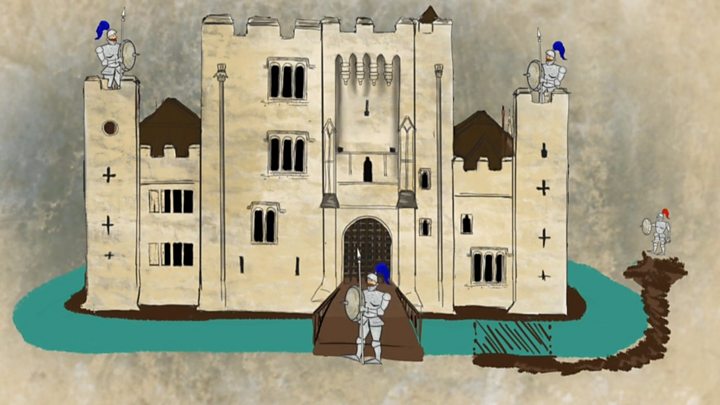
Media playback is unsupported on your device
Ciaran Martin, the head of the National Cyber Security Centre - which oversees Huawei's current work in the UK - told BBC Radio 4's Today programme that a framework would be put in place to ensure the 5G network was "sufficiently safe".
Asked about the potential of a conflict in the position among members of the Five Eyes alliance, he added: "In the past decade there have been different approaches across the Five Eyes and across the allied wider Western alliance towards Huawei and towards other issues as well."
But Foreign Affairs Committee chairman Tom Tugendhat tweeted that allowing Huawei to build some of the UK's 5G infrastructure would "cause allies to doubt our ability to keep data secure and erode the trust essential to #FiveEyes cooperation".
Speaking on the Today programme, Mr Tugendhat maintained it was difficult to distinguish between the core and non-core in a 5G network.
He said the proposals still raised concerns, adding that 5G involved an "internet system that can genuinely connect everything, and therefore the distinction between non-core and core is much harder to make".
https://www.bbc.com/news/uk-48032286
2019-04-24 07:13:38Z
CBMiJGh0dHBzOi8vd3d3LmJiYy5jb20vbmV3cy91ay00ODAzMjI4NtIBKGh0dHBzOi8vd3d3LmJiYy5jb20vbmV3cy9hbXAvdWstNDgwMzIyODY

